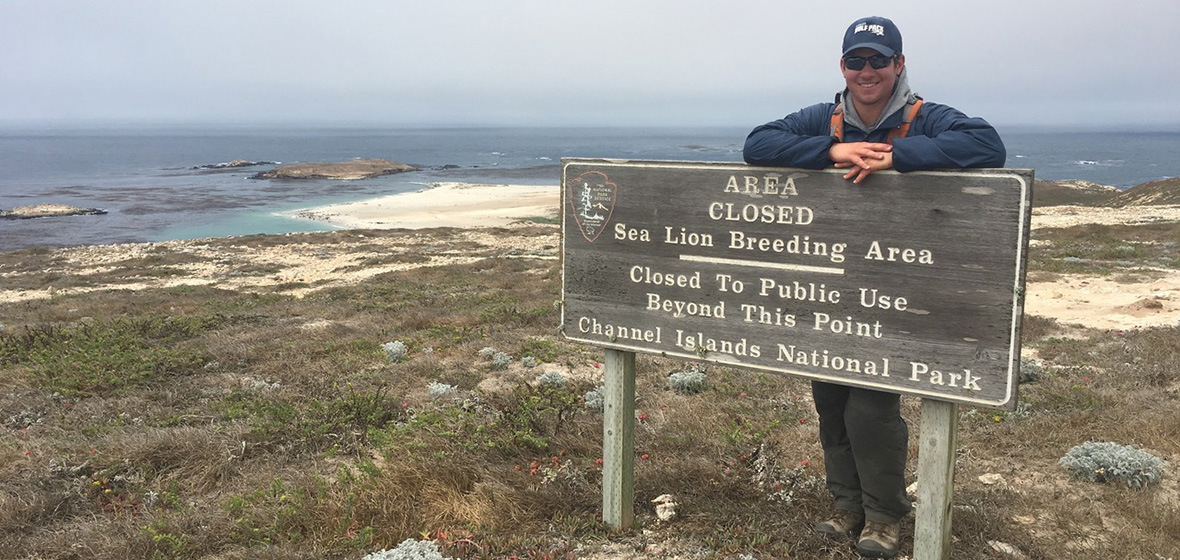The anthropology department in the College of Liberal Arts has been busy writing, researching and obtaining grant funding of more than $2.3 million in just one semester. Associate Professor of Anthropology and Department Chair, Carolyn White, explained the rarity of the success of one department in such a short timeframe. "It raises the profile of the department, of the college and of the University. No other anthropology department (in the country) has had this type of success in this short amount of time," said White. Over half of the full-time faculty members received grant funding to pursue cutting-edge research on the human condition.
Debbie Boehm, associate professor of anthropology and women's studies and Nadine Attewell, professor of English at McMaster University, received funding from the Social Sciences and Humanities Research Council of Canada to hold an interdisciplinary academic workshop next spring about carceral subjects and spaces. The workshop will discuss how different approaches to prison and detention administration might bring more awareness around just forms of sociality. In her grant, Boehm explains, "The complexity of the institutions, histories, and phenomena involved mean that the relationships between them have not received the scrutiny they deserve."
Sarah Cowie, associate professor of anthropology, recently received a consulting contract along with the second installment of the five-year Presidential Early Career Award for Scientists and Engineers (PECASE) from the Army Research Office. The grant and contract will be used to finish an edited volume on an archaeological project at Stewart Indian School in Carson City, Nev. This publication stresses the importance of diverse voices in archaeological research on indigenous heritage. In addition, funds will also be used to continue research with American Indian communities.
Chris Jazwa, assistant professor of anthropology, received a National Science Foundation grant to research human relationships with the environment and the effects on humans in the past. He will analyze shells from Santa Rosa Island, Calif. left from previous El Niño events. Jazwa also received another grant from the National Park Service, which will be used to develop a chronology of human settlement on Santa Rosa Island by looking at data on radiocarbon at archaeological sites.
Chris Morgan, associate professor of anthropology, College of Science researcher and professor of geography, Scott Mensing and colleague, Anna Klimaszewski-Paterson, assistant professor of Geography at California State University, Sacramento, will study the ecology of forest fires and the changes in vegetation as it relates to human development with their interdisciplinary grant. In particular, they are looking at the prehistoric environment along the California side of the Sierra Nevada.
Marin Pilloud, assistant professor of anthropology and Richard Scott, professor of anthropology, earned a significant grant from the Dental Anthropological Databank to expand a web-based application in determining the age estimation and sex of ancestry. "Our project will involve defining and adding new traits so estimations are even more refined than they are now," Scott said. The outcome of this research is to include it in the national databank of dental morphologic and metric data, which according to Scott, is critical in forensic cases.
In addition, Pilloud, Scott and Kyra Stull received funding from the Bureau of Indian Affairs to analyze Native American human remains.
Kyra Stull, assistant professor of anthropology, earned two National Institute of Justice grants and a National Science Foundation grant to improve the ways in which unidentifiable human remains of children can be made identifiable. She will collect data on the human remains of modern children in order to improve a database, which will provide more accurate identification qualities.
The department has certainly set the precedence for grant work. "This is a reflection of broad excellent research across the board for the whole department and we can continue to get national excellence for that," White said.












